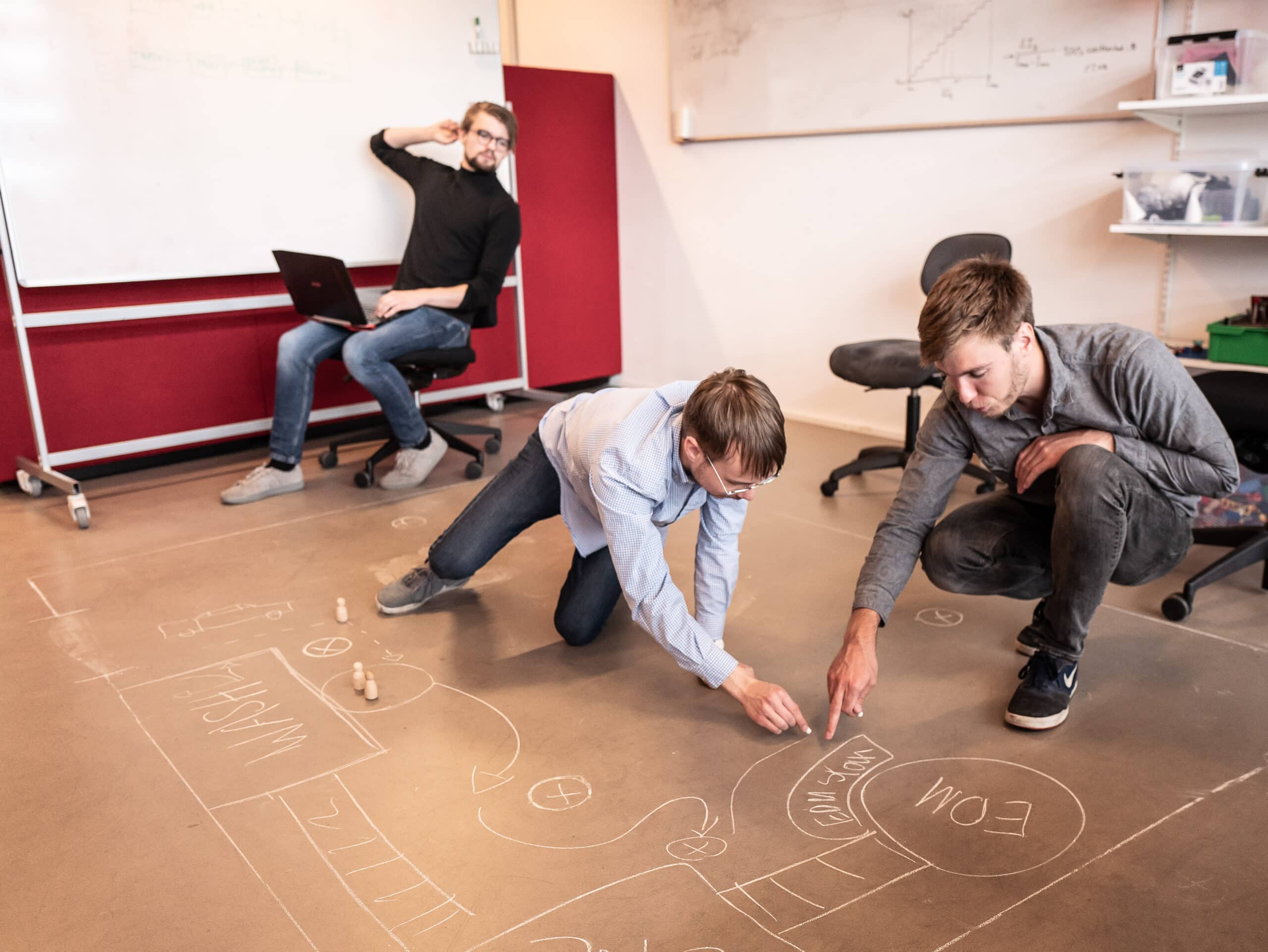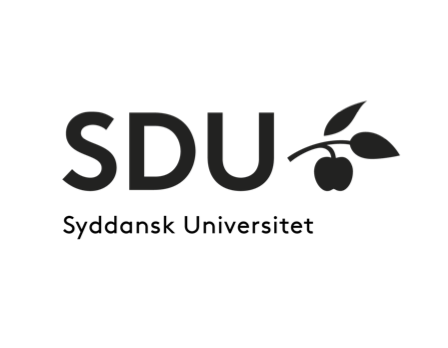Life in Denmark is sweet. People are cheerful, the government has been on the forefront of equality for more than a century, and there’s fresh air thanks to bikes being the main form of transportation. Cultural sights and experiences abound, from the Gråsten Palace’s royal kitchen gardens to Wadden Sea National Park, a UNESCO World Heritage site. More fulfilment can be found in the national love for sports and music, as seen in the many facilities available and the year-round festivals.
For all the country offers, it looks like the world could take lots of lessons from the special exuberance of Danes.
Especially those in the town of Sønderborg, an enchanting port and seaside destination in Southern Denmark. Boasting beautiful coastlines, the wow-inducing Universe Science Park, and the historic Sønderborg Castle, visitors have long been charmed by this big city in nature.

The beautiful city of Sønderborg delights all our senses. Source: University of Southern Denmark
Unsurprisingly, Sønderborg has not only attracted visitors but students as well. Every year, the University of Southern Denmark (SDU) draws talents from all over the world to one of its campuses in this beautiful, scenic town. International students like Nirdesh from Nepal are often pleasantly surprised at how diverse and vibrant their new home away from home is. “It is amazing to live in Denmark, especially Sønderborg because it is such an international city,” he says. “More than 80% of Danes can speak English, so you don’t need to learn the native language. If you do, that’s an advantage.”
All international students are guaranteed accommodation. Spacious, well-equipped and strategically located, there are plenty of options to choose from. Typical types of housing offered are a room in a hall of residence (kollegium) (280 to 400 euros per month), a privately rented room in a house or a flat, (300 to 450 euros per month) or a privately rented flat either alone or shared with other students (prices vary considerably).
These are often close to the university, allowing students to work on group projects easier, join societies, play sports or meet with lecturers if needed.
Alexandra from Romania lives about five minutes away from campus, in a dorm called Alssund-Kollegiet. “The prices are manageable for a student. Denmark is so relaxed. I definitely recommend it. The city offers you unlimited possibilities,” she says.
Good at math and physics in high school, Alexandra knew the programme in Engineering, Innovation and Business was the perfect fit for her. “I genuinely love my class,” she says. “We have students from France, Germany, Denmark, Canada and so many more. The diversity glues us together.”
Support for them is plenty, taking various shapes and forms. João from Portugal says SDU helped him a lot, offering accommodation, and tours. He lived in a single room by himself before opting to rent an apartment off campus with some friends. “I am paying a reasonable price which includes water, electricity, and everything else,” he says. “I really do recommend people to come here, it is an amazing place to live in.”

Learning is hands-on at SDU. Source: University of Southern Denmark
More than just excellent student services, SDU has programmes that stand out globally for their exceptionally high standards. Welcoming students since 1966, the university has grown in leaps and bounds in its variety of programmes and offerings. A new programme that was recently created is the BSc in Software Engineering.
Realising the need for software engineers in nearly every industry, SDU set forth to offer students the opportunity to get a head start in this field.
Students can expect to have both practical and theoretical lessons during the three-year programme, benchmarked by a different theme each semester. These include Mobile Software Development, Cybersecurity, AI and Data Management. Students will learn to develop software solutions, implement them, solve tasks and create solutions to real challenges in the workforce today.
As graduates, they’ll be part of the First Job Guarantee Scheme. The collaboration between the university and a large variety of local companies offers fresh grads six months of employment if they have not found a job yet. And here’s even more good news: the city has a high concentration of energy-efficient companies that are currently in demand for engineers.
Follow University of Southern Denmark on Facebook, LinkedIn, Twitter, Instagram and YouTube.











